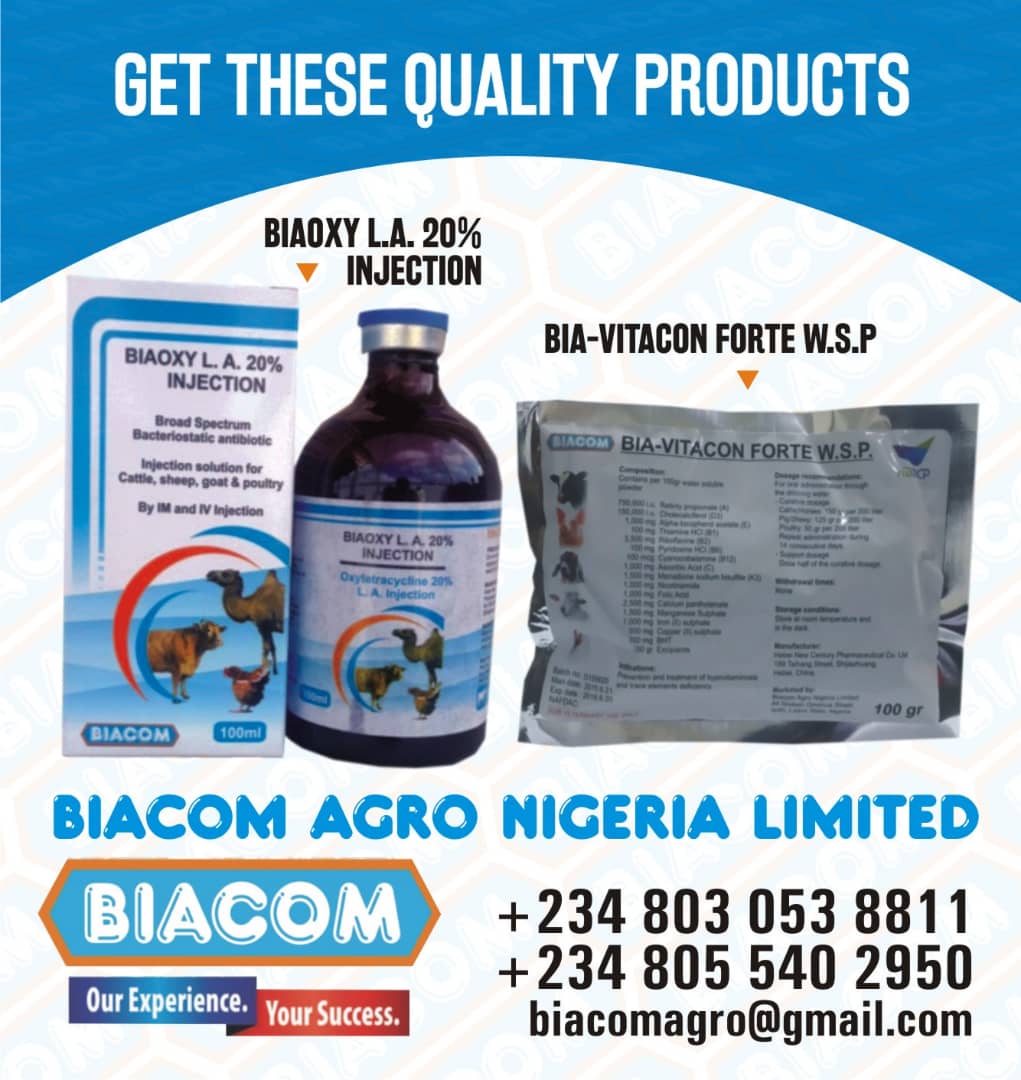How to Keep Coccidiosis from Afflicting Calves Post-weaning
Tummy troubles can be miserable and if diarrhea is a symptom, it can lead to a serious illness in people and cattle, say the experts at the Kansas State University Beef Cattle Institute.
 Learn More
Learn More
“Newly weaned calves can show signs of coccidiosis, which is caused by a parasite that invades the lining of the small intestine and can result in bloody diarrhea,” said Bob Larson, K-State veterinarian.

Another sign that calves may be ill is a rough haircoat, Larson said, adding that calves sick with coccidiosis will just appear ill and not be thriving.
READ ALSO: 5 Tactics to Lower Infertility in a Cattle Farm
“Newly weaned calves are going through dietary changes and experiencing stresses that make them more susceptible to disease at this time of life,” Larson said.
For producers who have this sickness moving through the calves, Larson advises talking to the local veterinarian to confirm that coccidiosis is the correct diagnosis, and then employ management and treatment options.
“First, make sure that you have good sanitation procedures in place, which means that the lots the calves are in are scraped well and they are in a clean environment,” Larson said. “Also make sure the calves are eating their feed and hay from feeders so that calves are not eating feed that could be contaminated by the ground.”
Larson also recommended using additives in the feed and water to help reduce the parasite load.
“We have an additive specifically to prevent or treat coccidiosis that can be delivered in water or feed and we can add ionophores to the feed that can help us control coccidiosis as well as have feed efficiency benefits,” he said.
READ ALSO: Using Wood Residues in Ruminant Nutrition
He advises that when producers know they are going to be caring for newly weaned, stressed calves that it is important to start the medication before there is a problem.
Watch video: 🌹DEAR FARMERS, SEE THE 6 TYPES OF FARMERS THAT WILL BE BIG TIME LOSERS IN 2023
“Because of the life cycle of the parasite, it is important to add the medication to the feed or water for a 28-day period,” Larson said. “Start the calves on the medication when they are moved to the dry lot and then keep them on it for a few weeks.”
ATTENTION: Click “HERE” to receive More updates directly on your WhatsApp!















